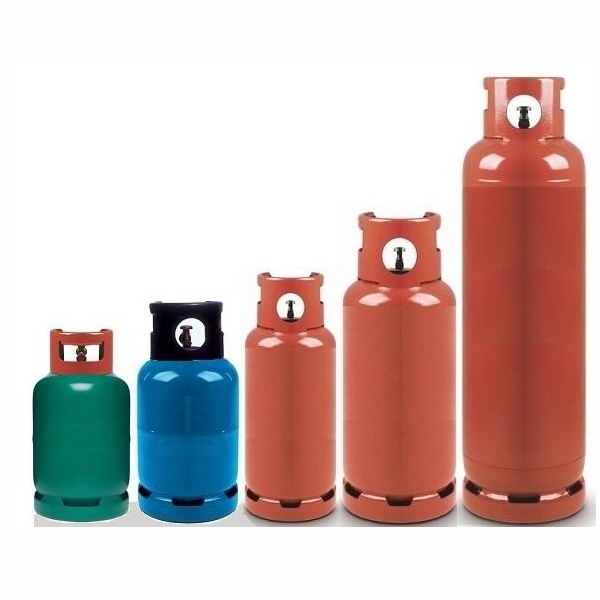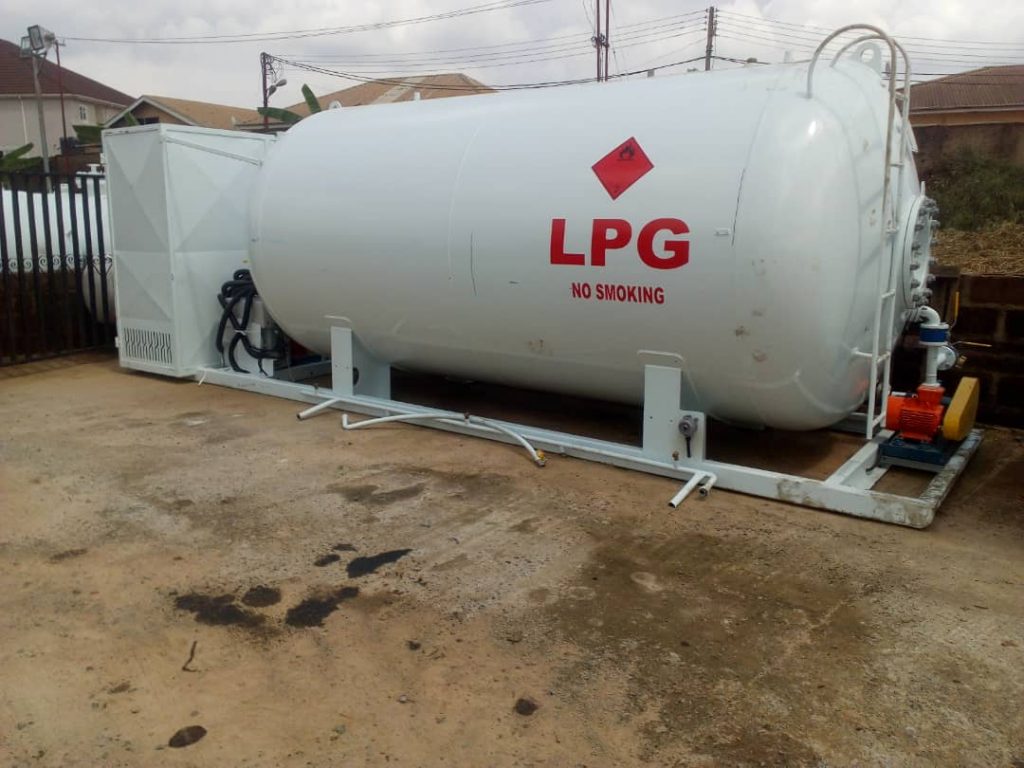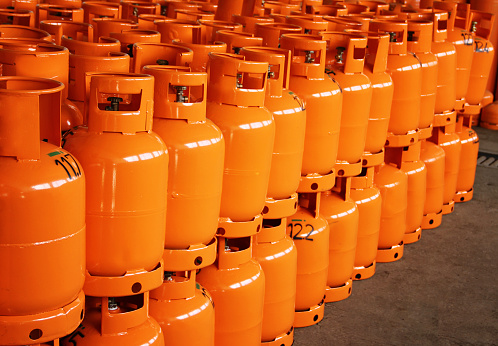As the country continues to suffer gas shortage for power plants and household cooking, industry stakeholders have raised concerns about the continued export of over 70 per cent of commercialized natural gas, The Punch reports.
The nation’s natural gas is exported mostly through the Nigeria LNG plant,
As the country continues to suffer gas shortage for power plants and household cooking, industry stakeholders have raised concerns about the continued export of over 70 per cent of commercialised natural gas, The Punch reports.
The nation’s natural gas is exported mostly through the Nigeria LNG plant, West African Gas Pipeline and Escravos Gas-To-Liquids plant. Last year, following the resurgence of militant attacks on oil and gas facilities in the Niger Delta, the supply of gas to the domestic market fell by 19.2 per cent to 307.2 billion cubic feet, according to the latest data from the Nigerian National Petroleum Corporation. But the volume of gas exported, only fell by 8.1 per cent to 1.14 trillion cubic feet, and was about 79 per cent of the nation’s gas that was commercialized last year.
In March, a total of 101.07 Bcf of gas was exported while 34.38 Bcf was supplied to the nation’s power sector, industries and households. Only about 59.87 per cent of the total gas produced that month was commercialised while the balance of 40.13 per cent was either re-injected, used as upstream fuel gas or flared. Nigeria has the world’s ninth largest proven gas reserves at 187Tcf, but many of its power plants lack adequate gas supply and cooking gas consumption in the country is one of the lowest in the world.
Last year, following the resurgence of militant attacks on oil and gas facilities in the Niger Delta, the supply of gas to the domestic market fell by 19.2 per cent to 307.2 billion cubic feet, according to the latest data from the Nigerian National Petroleum Corporation. But the volume of gas exported, only fell by 8.1 per cent to 1.14 trillion cubic feet, and was about 79 per cent of the nation’s gas that was commercialised last year.
In March, a total of 101.07 Bcf of gas was exported while 34.38 Bcf was supplied to the nation’s power sector, industries and households. Only about 59.87 per cent of the total gas produced that month was commercialized while the balance of 40.13 per cent was either re-injected, used as upstream fuel gas or flared. Nigeria has the world’s ninth largest proven gas reserves at 187Tcf, but many of its power plants lack adequate gas supply and cooking gas consumption in the country is one of the lowest in the world.





Innovative gas infrastructure: A panacea to solving Nigeria’s power problem and gas flaring challenges – SustainableNigeria
[…] decades now, which has made Nigeria one of the major exporters of liquefied natural gas, yet the supply of the product in Nigeria falls far below its demand. For instance, Nigeria has suffered a number of power outages as a result of shortage of gas […]